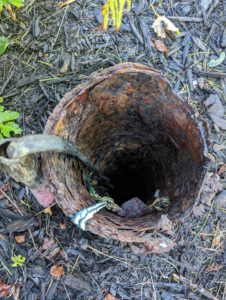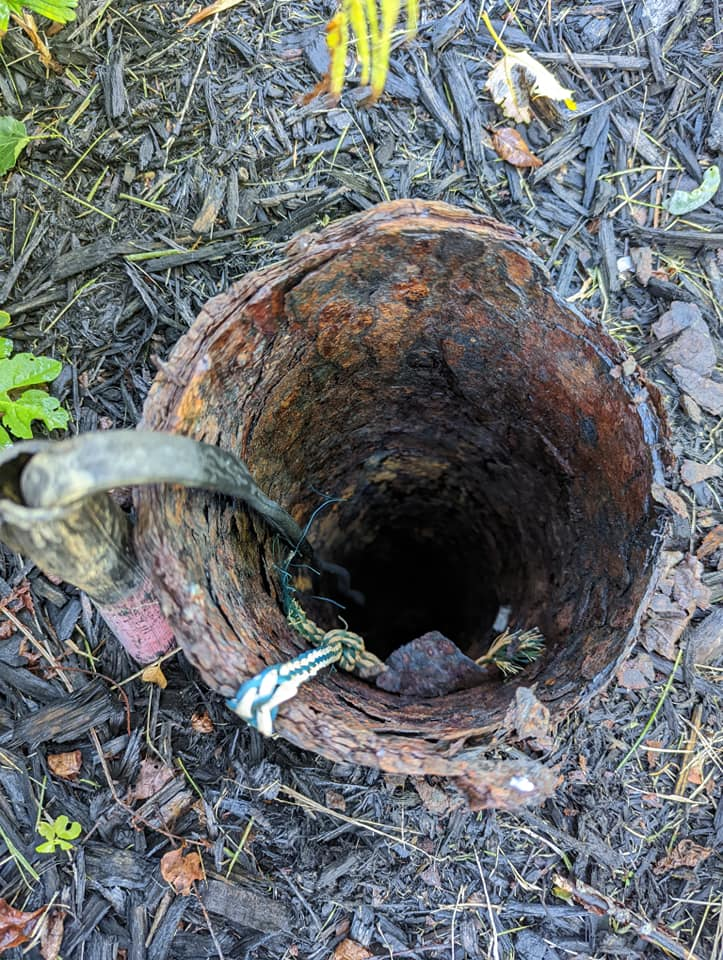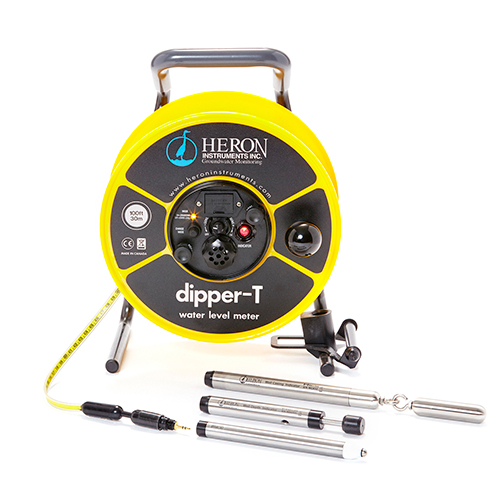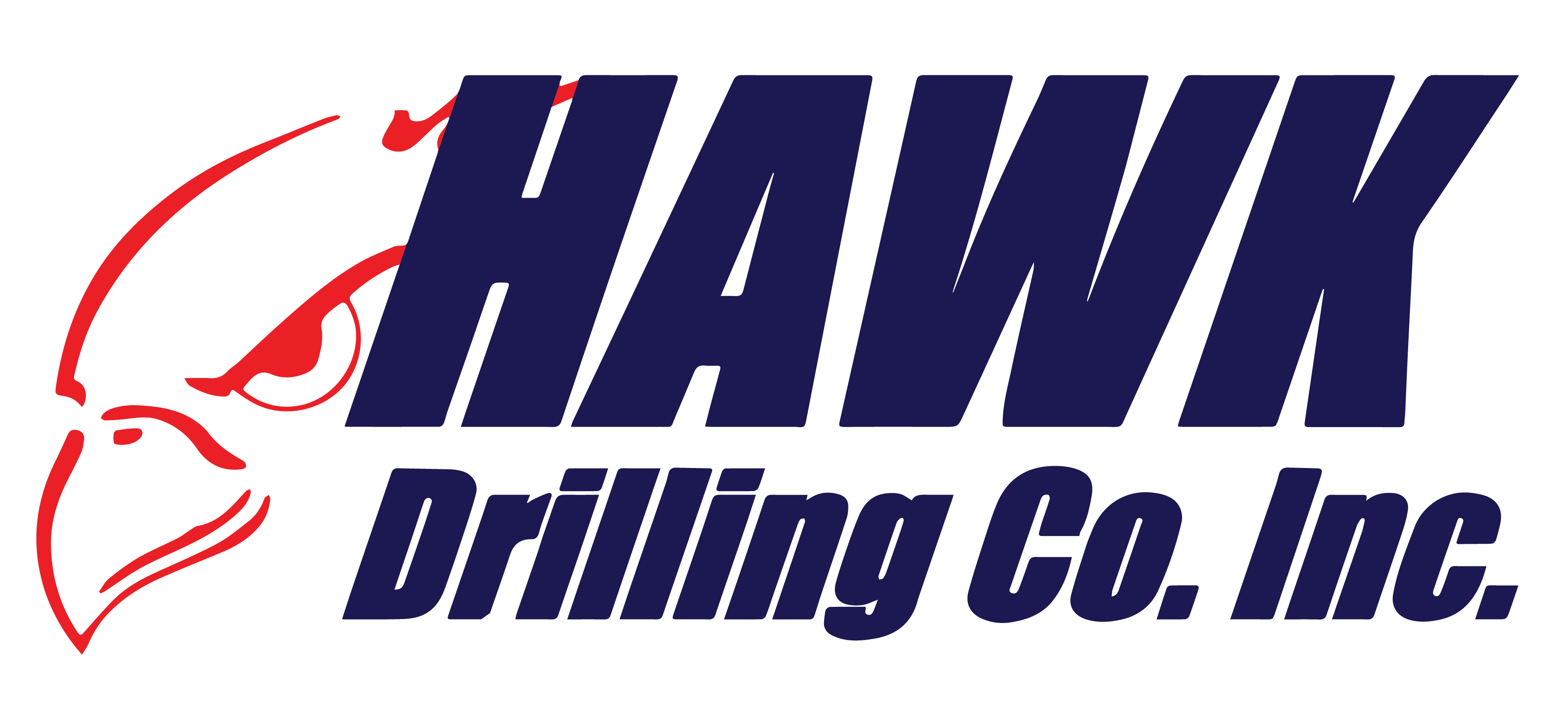Well Inspections
Well Inspections

What You Should Know About Well Inspections
You can’t appreciate what it is like to not have water…until you don’t. A well inspection will help to identify potential problems (and corrections) with your most important resource – your water.
There is a big difference between how much water a well can store versus how quickly it refills itself. A real in-well inspection, using a level indicator, provides this information. As an example – a 400’ deep well can hold up to 600 gallons of water, but it is these deeper wells that typically refill slowly and are often not caught on a home inspection. If during a home inspection, the spigots are run for 1 or 2 hours at 5 GPM, the well may not run dry, but could take days (sometimes even weeks) to replace the 600 gallons.
What is evaluated during an in-well inspection?
- The well head, including the external casing, well cap, and immediate surrounding area for concerns of potential contamination.
- Pressure tank and pump, compared to specifications.
- Static level of the well (starting water level), ending water level, and recharge rate of the well. The well is pumped via a hose off of the pressure tank to the outside, so as to not affect in-house plumbing, septic, or treatment, for a goal of up to 60 minutes.
- On-site physical properties – pre and post-installed water treatment to evaluate the preference of treatment and proper function of currently installed systems.
- Other water sampling, upon request, includes bacteria, nitrates, lead, arsenic, fluoride, etc. These are sent to a NYS-certified laboratory.
When should a well inspection be done?
- When in the process of purchasing a new home to ensure that the well can meet/exceed your expectations.
- If you notice lower pressure or volume than normal.
- When there is a change in quality.
The data obtained from the test will allow us to assist you in any needed interventions, such as in-house storage, deepening the well, hydro-development, acidization, pump changes, water treatment, etc.
Our inspectors are highly trained to ensure the accuracy of our inspections. We’ll provide you with a detailed report of our findings, including any recommendations for repairs or improvements that may be necessary.
By having your current well inspected, or having a well inspected before you purchase a new property, you can be confident that your water supply is safe and adequate.
Don’t wait until it’s too late – contact us today to schedule your well inspection and ensure the health and safety of your family, and protect your investment.

We will evaluate the integrity of the well casing.

Heron Industries Water Level Meter – we use the meter to follow the level down the well while pumping. We then shut off the pump and measure how quickly the level in the well refills. This allows us a full picture of the ability of the well and pump.

We will evaluate the integrity of the well casing.

Heron Industries Water Level Meter – we use the meter to follow the level down the well while pumping. We then shut off the pump and measure how quickly the level in the well refills. This allows us a full picture of the ability of the well and pump.
